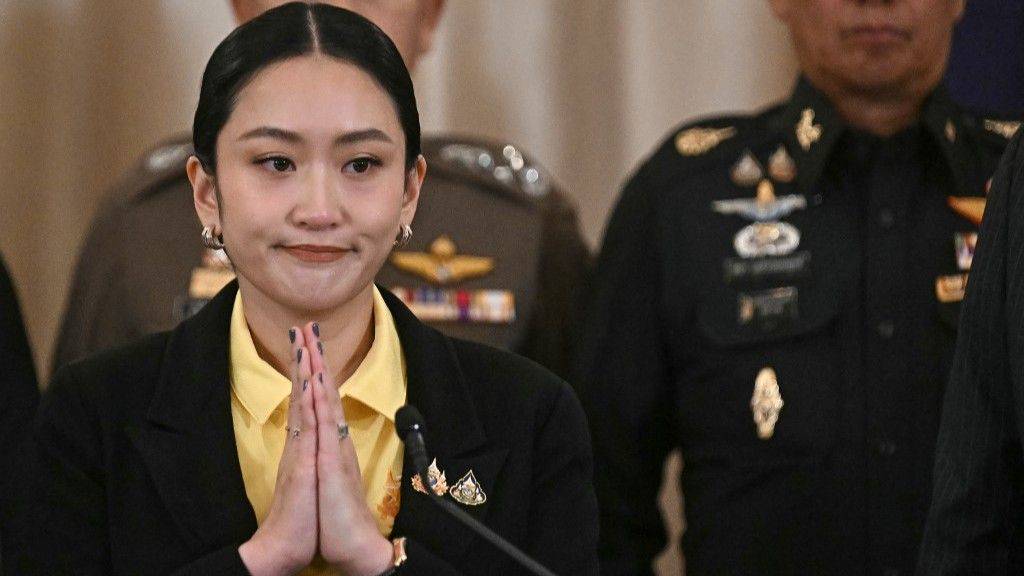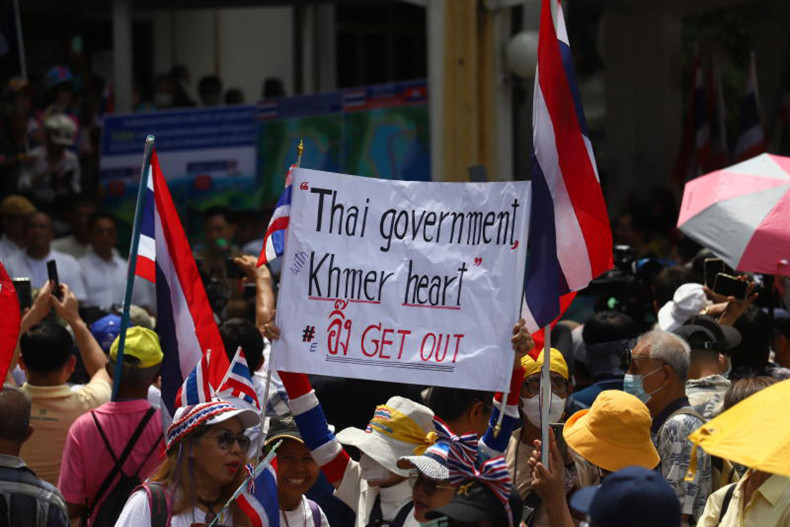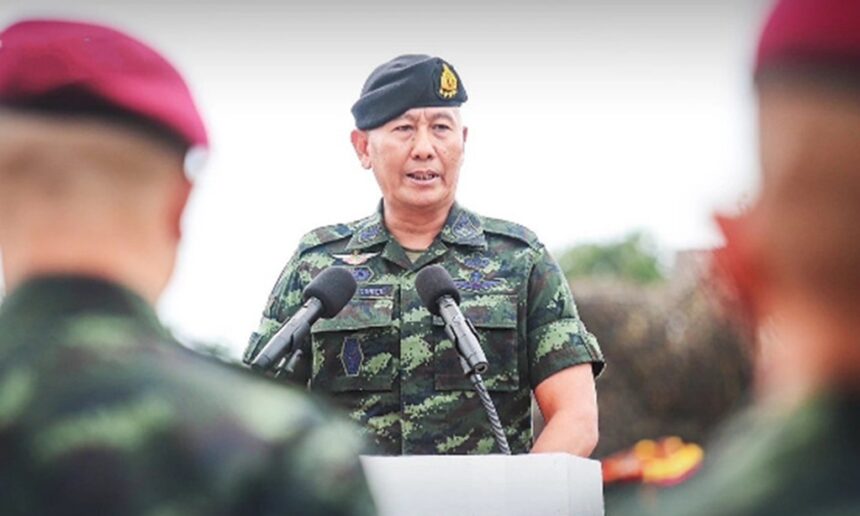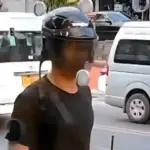BANGKOK – Thailand’s army chief has dismissed rumours of a coup and called for unity as the country faces a sharp political crisis, as Prime Minister Paetongtarn Shinawatra is under intense pressure to step down after a private phone call with former Cambodian leader Hun Sen leaked online.
The 17-minute recording, made public on 18 June 2025, has thrown her coalition into turmoil and sparked anger among the public. General Pana Klaewblaudtuk, the head of the army, released a statement on 19 June, stressing the military’s support for democracy and appealing for national cooperation to protect Thailand’s sovereignty.
The controversial audio, which first appeared in Cambodian media before spreading rapidly through Thailand, captures Paetongtarn, the 38-year-old daughter of former Prime Minister Thaksin Shinawatra, speaking with Hun Sen about an ongoing border dispute.
In the call, she referred to Hun Sen as “uncle” and played down actions by Lieutenant General Boonsin Phadklang, leader of the Second Army Area, saying he just “wanted to look cool and said things that are not useful.” Many Thais, especially in the military and among nationalist groups, saw her comments as a slight to the armed forces and a threat to national interests.
Political fallout happened quickly. On 18 June, the Bhumjaithai party, the largest partner in Paetongtarn’s coalition with 69 seats, announced it would leave the government. Party leaders said her actions had damaged both Thailand’s dignity and its sovereignty.
This exit left Paetongtarn’s Pheu Thai coalition with only a narrow majority in the 495-member parliament, raising the real chance of an early election, less than two years after the last.
Confidence in the country dropped sharply, as shown by a 2.4% fall in the Thai stock market the following day, reflecting deep investor concerns about political stability and mounting outside pressures, like new US trade tariffs expected under President Donald Trump.

Thailand’s Prime Minister Apologizes
On 19 June, Paetongtarn stood with senior army officers and cabinet members at Government House to deliver a heartfelt apology on national television. She addressed the public’s anger over the leak, saying, “I sincerely apologise for the leaked audio of my conversation with a Cambodian leader, which has caused public resentment.”
She explained her comments about the army were intended as a way to reduce tension at the border, insisting her government and the military remained united in their defence of Thailand. “We cannot afford conflict among ourselves right now. This is a time for unity,” she told the nation.
The border row at the centre of the crisis reignited last month after a Cambodian soldier died in a clash, sending relations between the two countries to their lowest level in years. Cambodia responded by banning Thai imports, including food and TV shows, while both sides tightened border controls. In the leaked conversation,
Hun Sen urged Paetongtarn to reopen checkpoints, blaming Thailand for closing them. Paetongtarn’s deferential tone towards Hun Sen, who has worked closely with her father Thaksin for years, raised suspicion among Thai conservatives who already doubted the Shinawatra family’s ties to Cambodia’s ruling elite.
General Pana Claewplodtook tried to put fears of a military coup to rest, a threat that has hung over Thai politics since the end of the absolute monarchy in 1932, with twelve coups since then.
In his 19 June statement, the army chief repeated the military’s support for democracy and national sovereignty, urging people to come together. Supreme Commander General Songwit Noonpakdee and other leaders at Paetongtarn’s side echoed this message, aiming to show a united front and calm worries about another split between the government and military.
Opposition parties wasted no time in using the scandal to step up calls for Paetongtarn to resign or dissolve parliament. Natthaphong Ruengpanyawut, head of the People’s Party, released a pointed six-point statement questioning her ability to lead and urging her to “return power to the people” to avoid a coup.
The Palang Pracharath Party also criticized her approach to negotiations, claiming she had lost public trust. Meanwhile, the Senate’s defence committee began looking into the leak, and some senators pushed for her impeachment.

Protests at Thailand’s Government House
Protests broke out in front of Government House on 19 June, with hundreds of people, including many from the anti-Thaksin “Yellow Shirt” movement, waving Thai flags and demanding Paetongtarn step down. While not large, the demonstrations highlighted the weakness of her government, which is only ten months old and already dealing with slow economic growth and rising regional tensions.
Thailand’s foreign ministry filed a formal complaint with Cambodia, summoning its ambassador to protest the leak, calling it a breach of diplomatic norms. Paetongtarn announced an end to private talks with Hun Sen, saying trust had been broken, and promised to be more careful in future communications.
Paetongtarn’s political future now depends on her ability to pull her coalition back together and regain public trust. Some parties, such as Chartthaipattana and United Thai Nation, showed limited support after her apology, but she still faces an uphill battle.
Political analyst Panitan Wattanayagorn warned that her options are few: she can quit, let another coalition figure take charge, or call a new election. For now, she has decided to stay on, relying on her apology and the military’s support to get through the crisis.
The scandal has again put the spotlight on the Shinawatra family’s influence, with Paetongtarn’s father Thaksin and aunt Yingluck both overthrown by coups in 2006 and 2014. As Thailand faces yet another period of instability, the country’s unity and future as a democracy remain uncertain.
Sources: Reuters, Bangkok Post
Related News:














